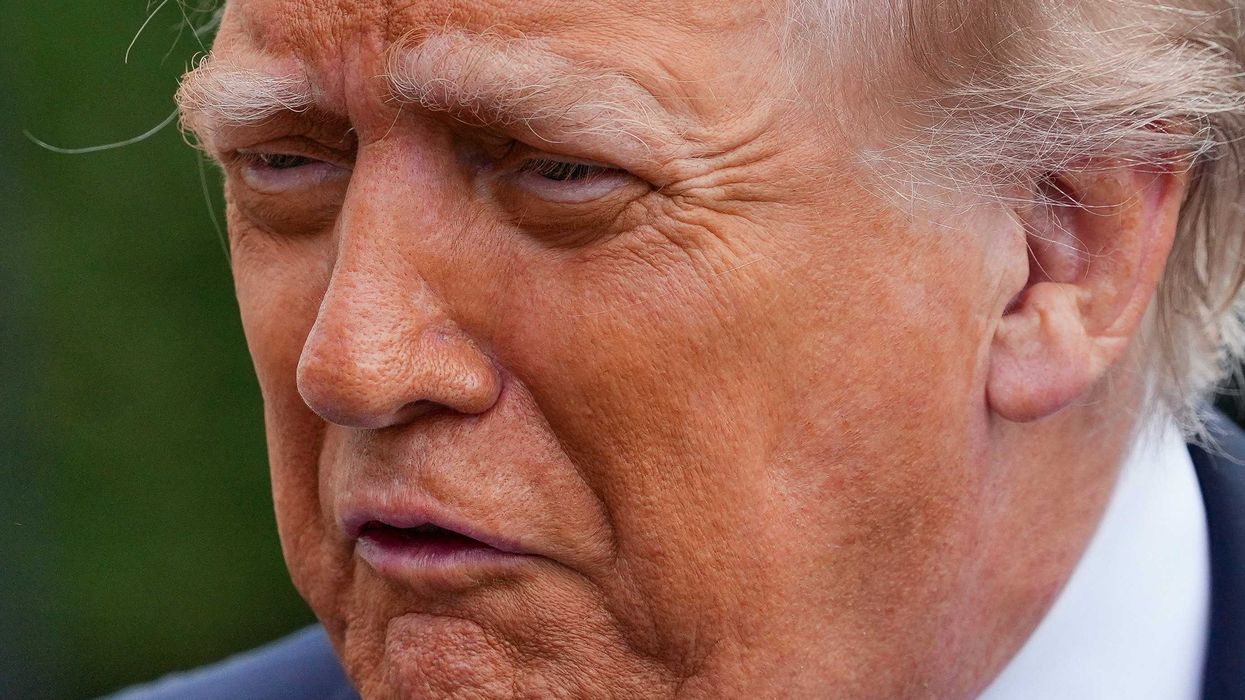Washington Monthly writer James Hassett said President Donald Trump has upset free-market conservative dogma — and with small return.
Critics are furious at Trump inserting the U.S. government into business dealings at US Steel, Intel and other U.S. companies, and they’re comparing his federal interventionism with Xi Jinping’s China. But Hassett said Trump’s vision is nothing like China’s lasting, intelligent incubation of a nation’s economy.
“In China, state-managed capitalism advances industrial innovation through top-down strategic policies; in the U.S., a state-directed cronyism leverages executive power to satisfy the whims — and, perhaps, fill the pockets of favored actors,” Hassett wrote.
Trump’s interventions, unlike China’s, lack any strategic vision, Hassett said, adding that “His administration has turned industrial policy into a personal patronage system — using tariffs, subsidies, and regulatory power not to build national capacity, but to reward allies and punish enemies.”
Trump’s decision to reverse his ban on the export of Ndivia and AMD AI chips to China for national security reasons in exchange for 15 percent of the company’s revenue is not only “baldly unconstitutional” said Hassett, it’s also self-defeating.
“The White House’s chip policy places tariffs on imports and fees on exports, making it both expensive to compete internationally and sell at home, all while undermining the U.S. tech industry’s advantage over Chinese competitors,” Hassett said.
Trump’s equity stake in Intel “follows the same I-need-a-taste playbook,” said Hassett. Biden’s 2022 CHIPS Act allocated billions to boost U.S. semiconductor manufacturing, but Trump used that $8.9 billion in Congressionally-approved funds as leverage to pressure Intel to surrender equity. And Trump has not made clear how he intends to collect or distribute Intel’s returns.
“With Russ Vought at the Office of Management and Budget, bypassing Congress to direct appropriated funds as the White House pleases, there’s no reason to believe any returns will ever redound to the American taxpayer,” said Hassett. “This isn’t a socialist scheme to redistribute American wealth, or even the opening salvo to a sovereign wealth fund — it’s just another step in the consolidation of power in Trump’s person.”
Meanwhile, Hassett said Trump’s ‘golden share’ demand in U.S. Steel has led to a mill in Illinois shutting down production but keeping its workers on the payroll to keep the facility idle. And more than 42,000 manufacturing jobs have been lost since Trump announced his ‘Liberation Day’ tariffs.
It’s “China’s authoritarianism,” said Hassett, but without the “strategic coherence and economic dynamism.”
Read the Washington Monthly report at this link.


